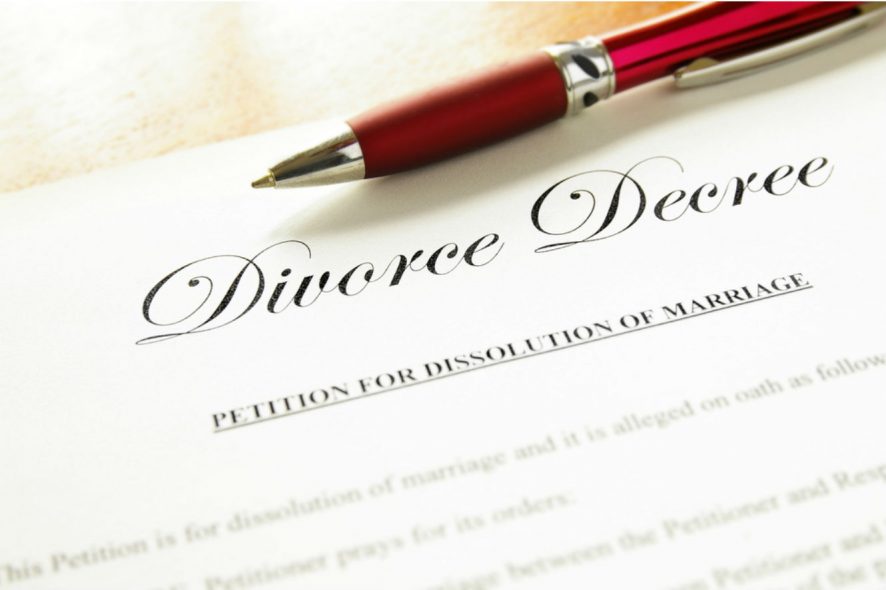Family Court Pune: M.R. Kale, J., granted a decree of divorce by mutual consent to a couple who due to difference of opinion and incompatibility of their temperament could not live together.
Instant petition was filed for dissolving the marriage by a decree of divorce by mutual consent under Section 28 of the Special Marriage Act, 1954.
The petition was filed through petitioners’ power of attorney holders.
Due to the differences of opinion and incompatibility of temperament, both the petitioners have not been able to live together as husband and wife, and hence, they started residing separately. Efforts for reconciliation were made but they failed, hence the petition for divorce by mutual consent was filed jointly and voluntarily.
Whether the present case is fit for granting a decree of divorce under Section 28 of the Special Marriage Act, 1954?
Analysis, Law and Decision
Instant petition was filed by the power of attorney holders of petitioners 1 and 2, six months after filing of the petition.
Petition was filed by power of attorney holders of petitioners 1 and 2 which means the 6-months period was over after filing the petition.
Petitioner 1 had file affidavit which was duly attested before Notary Public, Birmingham as she was residing in England. Petitioner’s advocate filed an application for video conferencing of petitioner 1 as she stayed in England which was allowed.
Affidavit of petitioner 1 was verified through video conferencing. She had been identified by her husband. In support of their statement, petitioner 2 had filed his affidavit in person. Court inquired with petitioner 2 through video conferencing as he stayed at Ahmedabad, Gujarat. It seemed that both petitioners were living separately since last more than one year prior to the presentation of the present petition. Hence. There was no bar to allowing the present petition under the provisions of law.
Court through video conferencing inquired with petitioner 1 about maintenance and immovable properties.
No claim was pending amongst the parties.
Both the petitioners have mentioned in their respective affidavits that they cannot live together and their consent for divorce is voluntary.
Power of attorney holder of petitioners 1 and 2 submitted a copy of the certificate of marriage and copies of their Aadhar card to prove that marriage is solemnized.
Lastly, the High Court concluded by stating that it was evident that due to difference of opinion and incompatibility of their temperament husband and wife cannot live together and there cannot be a happy married life between the petitioners.
Therefore, they were entitled to a decree of divorce by mutual consent. [A v. B, Petition No. F – 675 of 2021, decided on 11-10-2021]
Advocate for petitioners 1 and 2: Mayur and Ajinkya Salunke







Really expert divorce family case lawyers in Pune
Superb